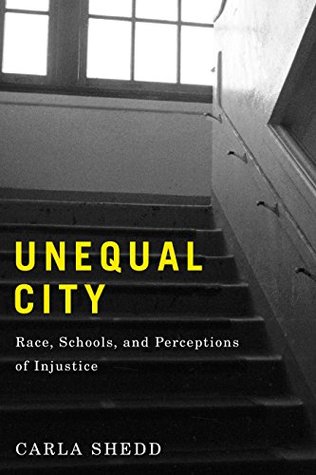Schools have long been understood as places of “formation,” which provide knowledge and skills to further the social and cultural development of students, in contrast to places of “reformation,” such as workhouses and prisons, which strive to correct individuals’ behavioral dysfunctions and to rehabilitate them and their standing in society. We as a country trust that schools will shape our young; promote their social, intellectual, and emotional development; and (in ways not often defined) prepare them for the experience of being an adult.
Welcome back. Just a moment while we sign you in to your Goodreads account.


